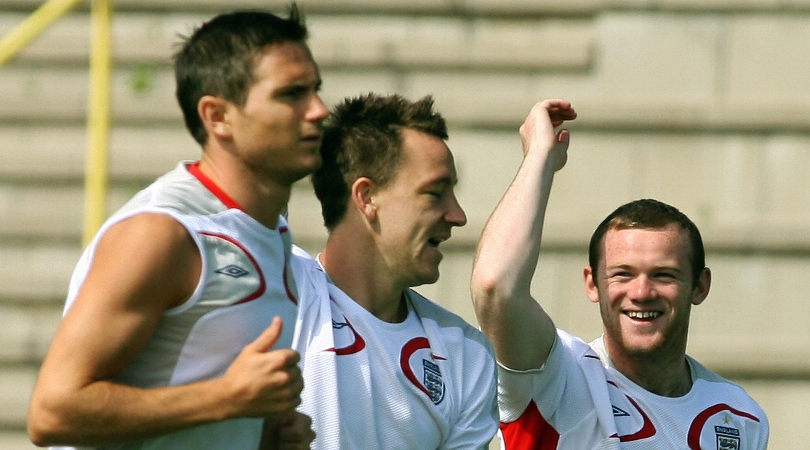
"England's failure to get past the quarter-finals of a major tournament during the 2000s remains one of recent history's biggest head-scratchers. Sven-Goran Eriksson was able to call upon a host of world-class stars during his tenure as England boss, but in the 2002 and 2006 World Cups, plus the European Championship in 2004, his side hit a last-eight-shaped brick wall each time."
"On away days, Dennis Wise would say, Oi, go and get me a coffee, and you'd have to. You'd come back with it, sit down, and he'd want another one for someone else. You'd do it again and again' John Terry on breaking into a star-packed Chelsea side I don't regret wearing full kit to lift the Champions League trophy we got a letter from UEFA, saying I had to do it!' John Terry lifts the lid on his infamous celebration"
"One of the most common takes on why England's group of elite players could never gel was that club tribalism got in the way, with the likes of Manchester United, Arsenal and Chelsea all embroiled in bitter Premier League rivalries. I personally didn't feel that there were cliques, Terry tells FourFourTwo. I can't speak for others. Players did tend to sit with their club-mates at dinner times, but that's natural - those are your closest mates."
Sven-Goran Eriksson's England featured a concentration of world-class players yet failed to progress beyond the quarter-finals at Euro 2004 and the 2002 and 2006 World Cups. John Terry broke into the national side in 2003, became a regular under Eriksson and took the captaincy after David Beckham relinquished the armband following the 2006 World Cup. Critics frequently blame entrenched club rivalries between Manchester United, Arsenal and Chelsea for a lack of cohesion. Terry rejects the notion of damaging cliques, noting that players naturally gravitated toward club teammates at meals while maintaining close friendships across the squad.
Read at www.fourfourtwo.com
Unable to calculate read time
Collection
[
|
...
]